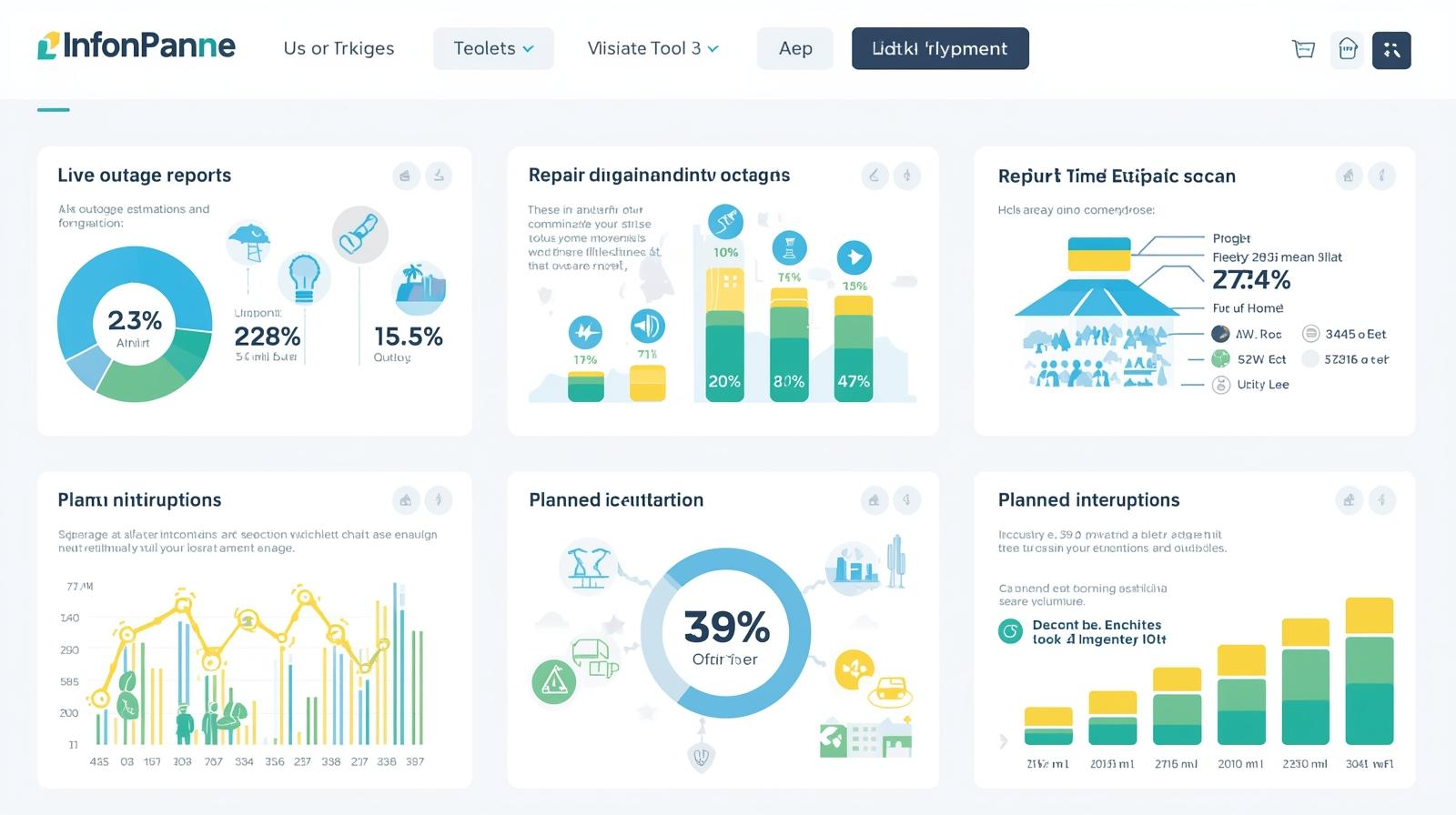Generative AI is transforming various sectors, but its impact on finance, banking, and enterprises is particularly noteworthy. From enhancing operational efficiency to reshaping customer interactions, the adoption of generative AI platforms is driving innovation and delivering substantial value. In this article, we’ll explore how generative AI is revolutionizing finance, banking, and enterprise operations, highlighting its key features, applications, and future trends.
Understanding Generative AI Platforms
Generative AI refers to a subset of artificial intelligence that focuses on generating new data, content, or solutions by learning patterns from existing datasets. In an enterprise or finance context, this involves creating new models, forecasts, or even automated systems based on large data sets, enabling firms to make better decisions, reduce costs, and improve efficiency.
Generative AI platforms offer several functionalities that are particularly relevant to the finance and banking sectors, such as predictive modeling, natural language processing (NLP), and data synthesis.
Key Features of Enterprise Generative AI Platforms
Enterprise generative AI platforms designed for enterprise operations typically include a range of features aimed at optimizing business processes:
1. Predictive Analytics
AI models can predict future market trends, customer behavior, and risk factors with a high degree of accuracy. These insights allow companies to make data-driven decisions and proactively adjust their strategies.
2. Data Synthesis
Generative AI systems create new datasets based on existing information. For businesses, this means better decision-making capabilities, particularly in sectors like finance, where customer and transactional data are abundant.
3. Automated Content Generation
In enterprises, content is essential for marketing, customer service, and operations. Generative AI platforms can create reports, summaries, marketing materials, and other content automatically, saving time and reducing costs.
4. Natural Language Processing (NLP)
NLP capabilities allow enterprises to handle unstructured data from emails, customer reviews, social media, etc. This can significantly improve customer service by enabling better sentiment analysis and real-time response generation.
5. Process Optimization
AI-driven platforms can analyze and optimize internal processes like supply chain management, HR, and financial planning. This leads to increased efficiency, reduced costs, and improved ROI.
The Impact of Generative AI in Finance and Banking
Generative AI is particularly transformative for the finance and banking industries, where data-driven decisions and process optimization are critical. Here’s how these platforms are making an impact:
1. Enhanced Risk Management
Generative AI platforms help banks and financial institutions assess risks more accurately by analyzing large volumes of data. These systems can predict loan defaults, detect fraud, and assess market volatility in real-time.
2. Automated Financial Reporting
Finance departments benefit from generative AI by automating the preparation of financial reports, statements, and audits. This reduces human error and ensures compliance with regulatory requirements.
3. Fraud Detection
AI-powered systems can monitor transactions in real-time and identify patterns indicative of fraudulent activities. This helps banks prevent fraud more effectively and protect customer data.
4. Customer Personalization
Generative AI helps banks and financial institutions create personalized services for their customers. From recommending personalized financial products to offering tailored advice, AI-driven insights improve customer satisfaction and engagement.
Key Features of Generative AI Platforms in Finance and Banking
Generative AI platforms designed specifically for finance and banking offer several advanced features:
1. Real-Time Data Analysis
Banks and financial institutions handle enormous amounts of real-time data, and generative AI can process this information instantly, providing insights that allow them to act swiftly in changing markets.
2. Regulatory Compliance
Financial institutions face increasing regulatory scrutiny. Generative AI can automate the process of monitoring regulations and ensure that institutions remain compliant with global financial standards.
3. Risk Scoring
AI platforms can automatically generate risk scores for loan applications, credit card issuances, or investment portfolios. This leads to more accurate risk assessments and better decision-making.
4. Sentiment Analysis
Using natural language processing, AI platforms can analyze customer feedback and market sentiment from social media, online reviews, and other sources. This helps banks tailor their products and marketing strategies accordingly.
5. Portfolio Optimization
For asset managers, generative AI can assist in building optimized investment portfolios by analyzing historical performance, risk factors, and current market conditions.
Applications of Generative AI in Enterprise Operations
Generative AI platforms in finance and banking are transforming multiple facets of enterprise operations, beyond just finance and banking. Let’s explore a few of the major applications:
1. Human Resources
Generative AI helps automate recruitment processes by analyzing resumes, conducting initial candidate screenings, and even generating interview questions. It also optimizes employee training by providing personalized learning materials based on each employee’s performance.
2. Supply Chain Management
AI systems can predict supply chain disruptions and recommend optimized routes, ensuring timely delivery of goods. This is particularly important for large-scale enterprises with complex supply chains.
3. Marketing and Sales
In the marketing domain, generative AI platforms assist in content creation, audience segmentation, and personalized campaigns. These platforms can also generate sales forecasts and customer behavior predictions, helping companies optimize their marketing strategies.
4. Customer Service
Generative AI-powered chatbots are revolutionizing customer service by handling customer inquiries, complaints, and requests in real-time. These systems can also generate customer service reports and help businesses understand customer needs better.
5. Cybersecurity
In enterprise IT, generative AI platforms play a crucial role in detecting cybersecurity threats. By analyzing patterns in network traffic and user behavior, AI can detect anomalies and take preventative actions before breaches occur.
Benefits of Generative AI Platforms for Finance, Banking, and Enterprise
The adoption of generative AI platforms offers several substantial benefits to organizations in finance, banking, and other enterprise sectors:
1. Increased Efficiency
By automating repetitive tasks such as reporting, compliance checks, and customer service, generative AI platforms free up human resources to focus on more strategic activities.
2. Cost Savings
Generative AI helps reduce operational costs by automating processes, optimizing resource allocation, and minimizing errors. This leads to significant cost savings, especially in large enterprises.
3. Better Decision-Making
The predictive capabilities of AI platforms allow enterprises to make better-informed decisions. Whether it’s market predictions, customer sentiment, or risk assessment, AI provides businesses with actionable insights.
4. Personalized Customer Experience
Generative AI platforms enable enterprises to deliver highly personalized services, improving customer satisfaction and loyalty. From personalized financial products to real-time customer support, AI creates a seamless experience for end-users.
5. Scalability
AI-driven platforms are highly scalable, allowing businesses to grow and adapt to market changes without needing to overhaul their systems. Whether handling more customers or expanding into new markets, generative AI can handle the increased demand.
Future Trends in Generative AI for Finance, Banking, and Enterprises
The future of generative AI in finance, banking, and enterprise sectors is bright, with many exciting trends on the horizon:
1. AI-Driven Decision-Making
Generative AI will increasingly take over decision-making roles in areas such as portfolio management, fraud detection, and supply chain optimization, allowing businesses to operate more autonomously.
3. AI-Powered Customer Interfaces
As AI-powered chatbots and virtual assistants become more sophisticated, they will play a larger role in customer interactions. This will improve customer service, streamline operations, and create more personalized experiences.
4. Advanced Predictive Modeling
Generative AI platforms will become even more advanced in predicting market trends, customer behavior, and operational risks. This will enable businesses to take a proactive approach to risk management and strategy development.
Conclusion
Generative AI platforms are reshaping the landscape of finance, banking, and enterprises, offering unprecedented capabilities in process automation, risk management, customer service, and decision-making. With its ability to analyze massive amounts of data in real-time, generative AI is unlocking new levels of efficiency, personalization, and innovation for businesses worldwide.
As the technology continues to evolve, enterprises that embrace generative AI platforms will be well-positioned to thrive in an increasingly digital and data-driven world. By leveraging AI-driven insights and automation, businesses can not only enhance their current operations but also prepare for the future of work, finance, and commerce.





